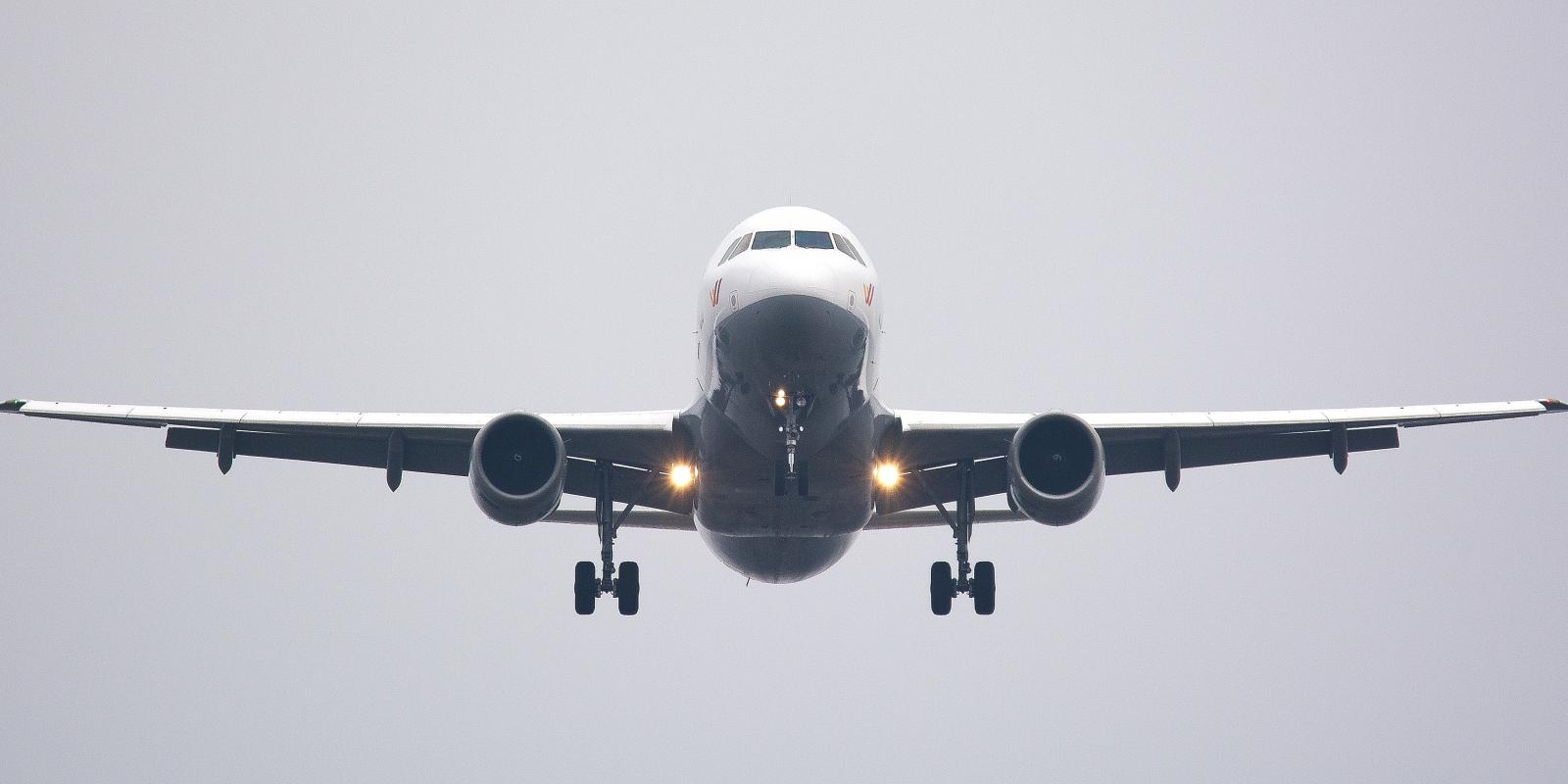The International Air Transportation has revealed that Nigeria’s air connectivity has grown by 26 per cent in the last 10 years.
IATA in its report titled ‘Air connectivity’ placed the country seventh in the African air connectivity ranking.
Considering the size of its population and economy, the report argued that Nigeria was a significantly underserved country in terms of air connectivity.
It read, “In Africa, during the first wave of the COVID-19 pandemic, air connectivity levels in many countries have been reduced by more than 90 per cent relative to the previous year. Ethiopia is the exception to this trend.
“This is due to Ethiopia’s continued position as a connecting hub for flights in Africa, both regionally and internationally. At the first peak of the pandemic in April 2020, Ethiopia maintained connections with 88 international destinations.”
According to the report, Nigeria has significant potential for future air connectivity growth, its biggest challenge is low capacity growth in the country.
It said, “In the period under review, several Nigerian carriers such Bellview Airlines, Chanchangi Airlines, Virgin Nigeria, Medview Airlines ceased operations and Arik Air went into receivership stopping all its intercontinental services.
READ ALSO: FG intervenes, halts sack of 300 Arik Air workers
“This development resulted in an important capacity fall that impacted connectivity negatively. In 2017, in the heat of the Forex challenge (blocked funds), Continental Airlines also ceased operations into Nigeria.”
Ethiopia’s air connectivity almost tripled in the last 10 years.
In the African ranking of air connectivity, Ethiopia’s position went up to fifth, jumping ahead of Tunisia, Nigeria and Kenya while in the global ranking it jumped eight places.
This significant connectivity growth was driven by several factors such as a successful airline, Ethiopian Airlines, which enjoys government support.
Other factors include a favourable business environment and supporting demographics and growth of the economy that pushed it to 349 per cent in the same period.
The report read, “Ethiopia is Africa’s second-most-populous country and the continent’s fastest-growing economy. Future growth in air travel in Ethiopia will be driven by its large potential for catch-up in living standards over the long run and a young and growing population.
“Passenger traffic to, from and within the country is forecast to grow by 5.6 per cent each year on average over the next 20 years.”
From a passenger perspective, air connectivity represents the ability to seamlessly travel by air from origin to destination in the shortest possible time, the report said.
Similarly, for cargo, air connectivity is concerned with finding the most efficient routings to get freight delivered quickly and efficiently from origin to destination, it added.













